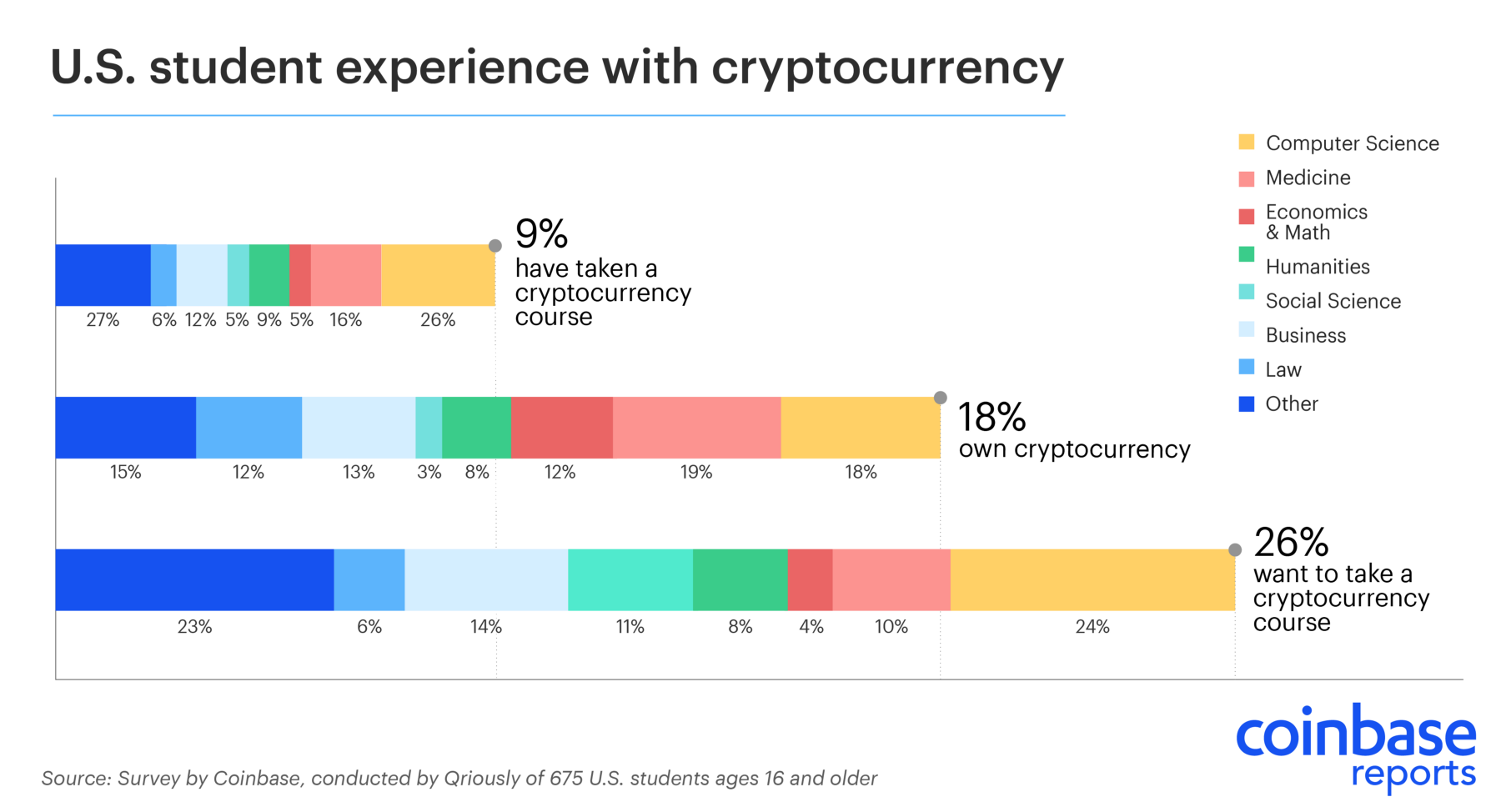Bitcoin is on its way to becoming a mainstream currency, study suggests
One in five university students own bitcoin or another cryptocurrency, while even more are interested in it
Your support helps us to tell the story
From reproductive rights to climate change to Big Tech, The Independent is on the ground when the story is developing. Whether it's investigating the financials of Elon Musk's pro-Trump PAC or producing our latest documentary, 'The A Word', which shines a light on the American women fighting for reproductive rights, we know how important it is to parse out the facts from the messaging.
At such a critical moment in US history, we need reporters on the ground. Your donation allows us to keep sending journalists to speak to both sides of the story.
The Independent is trusted by Americans across the entire political spectrum. And unlike many other quality news outlets, we choose not to lock Americans out of our reporting and analysis with paywalls. We believe quality journalism should be available to everyone, paid for by those who can afford it.
Your support makes all the difference.Bitcoin is following the same path towards mass adoption as other technologies like the internet and social media, a comprehensive cryptocurrency study suggests.
Using university students as a bell weather for future growth of emerging technologies, crypto exchange Coinbase teamed up with ad-tech firm Qriously to measure interest in cryptocurrency and blockchain.
The study found that nearly one in five students owned bitcoin or another cryptocurrency, while two fifths of top universities offered at least one course on the subject.
Part of the study involved a survey of 675 students in the US, which found that 9 per cent have taken a cryptocurrency course, while 18 per cent own bitcoin or another cryptocurrency. A further 26 per cent said they wanted to take a cryptocurrency course.
Benedikt Bunz, a doctoral student at Stanford focussing on cryptocurrencies, said there was "tremendous excitement" among students in cryptocurrency, adding that, "if you're an expert in cryptocurrencies and cryptography you'll have a difficult time not finding a job."

An analysis of the top 50 universities in the world also found that 42 per cent offer at least one class on blockchain or cryptocurrency, with the majority of courses in the US.
The study focussed on classes available to undergraduate-level students in 2018, finding that Stanford University offered the highest number of classes with 10.
"A process is well underway that will lead to the migration of most financial data to blockchain-based organisations," said David Yermack who teaches a course on blockchain and financial services at New York University Stern School of Business. "Students will benefit greatly by studying this area."
The study complimented research published by Imperial College London last month, which found that bitcoin and other cryptocurrencies are close to becoming a mainstream form of payment as they are the logical "next step" for money.
In order to break into the mainstream, the researchers said bitcoin needed to move beyond simply being a store of value and become a legitimate medium of exchange and a unit of account.
"New payment systems – or asset classes – do not emerge overnight but it is worth noting that the concept of money has evolved – even in our lifetime – from cash to digital or contactless payments," said Dr Zeynep Gurguc from Imperial said.
"The wider use of cryptocurrencies and crypto-assets is the next natural step if they successfully overcome the six challenges [scalability, usability, regulation, volatility, incentives and privacy] we set out in our report.”

Join our commenting forum
Join thought-provoking conversations, follow other Independent readers and see their replies
Comments